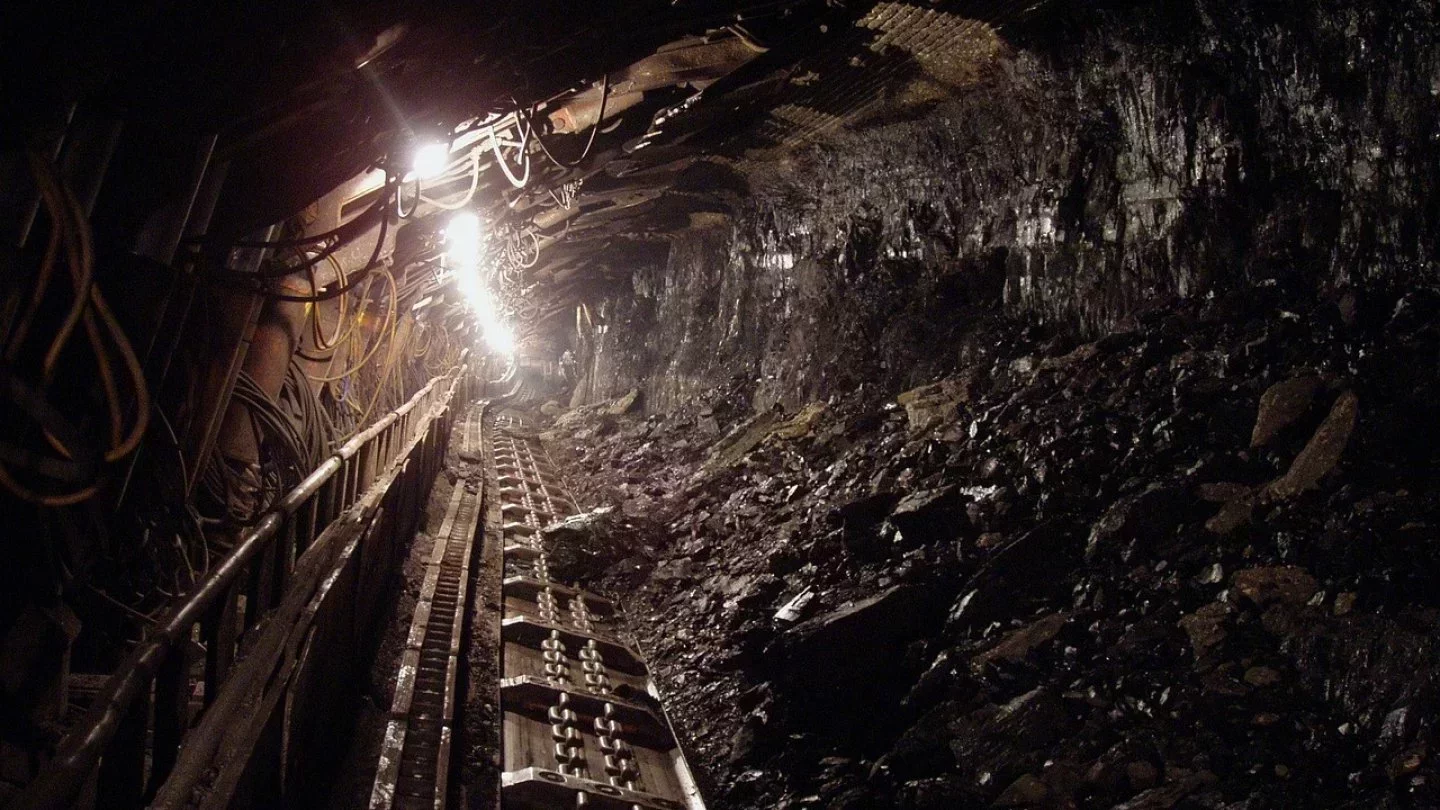Kazakhstan Expands Coal Exports Amid Russia’s Deepening Industrial Crisis
 Photo: Pixabay, illustrative purposes
Photo: Pixabay, illustrative purposes
Russia’s coal and metallurgical industries are facing their biggest downturn in a decade, with declining production, billions of dollars in losses, and rising unemployment.
Orda.kz explores the implications of these industries’ decline in the neighboring country.
In 2025, the Russian coal industry is experiencing its deepest crisis in recent years. In the first quarter alone, company losses exceeded $875 million.
Deputy Energy Minister Dmitry Islamov confirmed that the situation continues to worsen: statistics for the first four months of the year show a further decline in the industry. From 2022 onward, the total losses of coal producers due to sanctions, rising railway tariff rates, and the tax burden will reach nearly $30 billion.
According to Kuzbass authorities, all coal mining companies in the region are operating below the breakeven point: 64% of companies have been incurring losses since the beginning of 2025.
Twenty-seven coal companies with a combined annual capacity of 40 million tons are on the verge of bankruptcy, while another 62 companies, with a production volume of 126 million tons, are experiencing losses above the industry average. Production plans are being cut in Kuzbass and Khakassia, and mining operations are being closed.
The Russian Ministry of Energy predicts that without emergency support measures, coal production in 2025 could fall to 399.6 million tons — almost 10% less than the previous year.
Exports will also decline to 166.5 million tons (down 15% compared to 2024).
As a result, more than 50 coal mines have already closed or are on the verge of shutting down.
Metal output in July 2025 fell by 10.2% compared to the same period last year, and by 8.4% in August. Companies are switching en masse to a shortened workweek to avoid layoffs.
According to Reuters, the industry, which employs approximately 700,000 people, is undergoing a “quiet downsizing”: companies are laying off support staff and considering switching to a four-day workweek, following the example of the auto and mechanical engineering industries.
In Kuzbass, the issue of a four-day workweek is regularly raised, but there’s still no formal decision.
Miners fear that the new schedule will lead to a drop in already low wages. Similar discussions are underway at metallurgical plants. One employee told The Insider that management is considering switching office staff first to a shorter schedule. However, workers are opposed: with the reduction in hours, they will lose part of their salary, bonuses, vacation pay, and other benefits.
While Russian coal companies are recording losses and reducing exports, Kazakhstan has significantly increased its presence in foreign markets. According to Argus, in the first seven months of 2025, the transit of Kazakhstan's coal through Russia increased by 38%, reaching 6.7 million tons—an all-time high, Vedomosti reports.
The Black Sea port of Taman experienced the most growth, with transshipment volumes nearly doubling to 2.3 million tons. Shipments through Northwestern ports also increased by 19%. By comparison, Russian coal exports through these ports declined by 27–32% due to unprofitability and falling global prices.
NEFT Research partner Alexander Kotov explains that Kazakhstan's coal is comparable in quality to Russian coal, and transit through Russia allows for competitive prices in Europe and Asia.
The freed-up capacity at Russian terminals has effectively opened a window for Kazakhstani suppliers, particularly in the EU, India, China, and Türkiye. Experts predict that by the end of 2025, the volume of Kazakhstan's coal transited through Russia could reach 10–13 million tons — more than a third of Kazakhstan’s total coal exports in 2024.
The largest crisis in the Russian coal and metallurgy industries in the past decade is leading to rising unemployment and the transition of companies to shorter workweeks.
At the same time, Kazakhstan is reaping significant benefits: thanks to freed-up logistics capacity and competitive production costs, its coal is strengthening its position in foreign markets, increasing transit through Russia, and taking over the market share that Russian companies are losing.
Original author: Maria Kravtsova
Latest news
- Damaged Baikonur Launch Pad Facility Restored After 2025 Collapse
- A Rare Black Melanist Wolf Was Shot in Eastern Kazakhstan
- Kazakhstan Maintains Neutral Stance on Middle East Escalation
- Kazakh MFA: Citizens Evacuated from the Middle East via Oman and Saudi Arabia
- Kazakhstan to Spend 4.6 Trillion Tenge on Road Projects Through 2029
- Central Asia Competes for the Skies: Why Kazakhstan Risks Falling Behind Uzbekistan on Jet Fuel
- The War in Iran Opens a Window of Opportunity for Kazakhstan’s Oil Sector, Analysts Say
- Iran Conflict Escalates Beyond the Gulf: What Kazakh Experts Say About Risks for Central Asia and Kazakhstan
- Kazakhstan Prepares Possible Evacuation of Its Citizens From Iran
- LRT in Astana Is Reaching the Finish Line: The Launch Is Expected in the Coming Months
- Kazakhstan Ready to Help the UAE Amid Escalation in the Region
- Tokayev Discusses Middle East Escalation With Qatar’s Emir
- Airlines Ready to Bring Kazakhstanis Home From the Middle East
- Tokayev Sends Support Messages to Gulf Leaders Amid Regional Escalation
- Kazakhstan Bans Its Airlines From Flying Over Several Middle East Countries
- Astana Strengthens Security Measures Amid Escalation Around Iran
- Tokayev Meets U.S. Ambassador Stufft, Discusses Board of Peace Cooperation
- Mangystau Launches AI-Assisted School Monitoring to Prevent Teen Suicidal Behavior
- Kazakhstan to Supply UK With Critical Minerals
- AI Faculties for Educators to Open in Kazakhstan: What Other Changes Are Coming to the Education Sector

